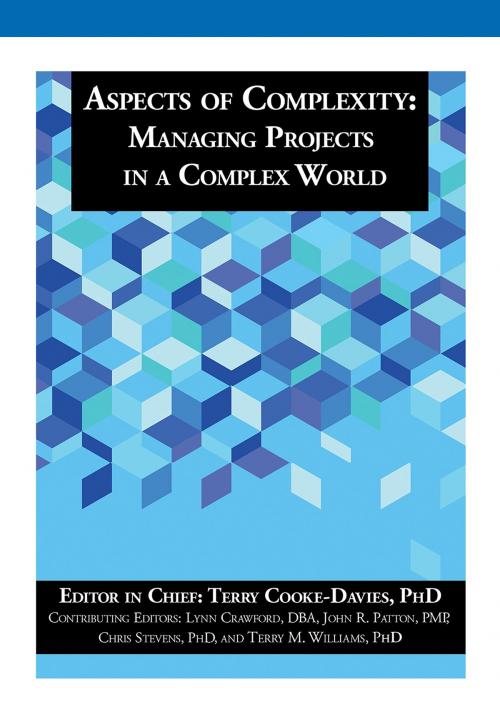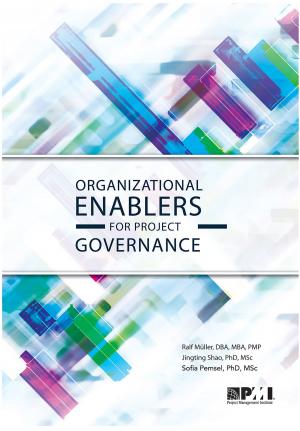Aspects of Complexity
Managing Projects in a Complex World
Business & Finance, Management & Leadership, Management| Author: | Terry Cooke-Davies | ISBN: | 9781935589723 |
| Publisher: | Project Management Institute | Publication: | August 1, 2011 |
| Imprint: | Project Management Institute | Language: | English |
| Author: | Terry Cooke-Davies |
| ISBN: | 9781935589723 |
| Publisher: | Project Management Institute |
| Publication: | August 1, 2011 |
| Imprint: | Project Management Institute |
| Language: | English |
Complexity in projects may be one of those things that are difficult to define, but easy to recognize when encountered. Or maybe not so easy. This collection of analyses deals with complexity in a way that will appeal to both academics and practitioners. It arises from a series of four academic-business roundtables sponsored by the Project Management Institute in the U.S., Australia, Malta, and Brazil. Researchers will appreciate the academic rigor of the content and practitioners will appreciate the generally reader-friendly style and tone. The opening chapter offers that elusive definition and provides the foundation for common understanding. The next four chapters compose the theoretical portion of the book, establishing the underpinning concepts related to systems thinking, systems engineering, chaos or complexity theory, and behavioral and cognitive aspects. The remainder of the book is more practice-oriented. It is a serious attempt to pull together what is currently known and understood about the topic, to help practitioners and their managers improve future practice, and to guide research into answering those questions that will best help to improve understanding of the topic.
Complexity in projects may be one of those things that are difficult to define, but easy to recognize when encountered. Or maybe not so easy. This collection of analyses deals with complexity in a way that will appeal to both academics and practitioners. It arises from a series of four academic-business roundtables sponsored by the Project Management Institute in the U.S., Australia, Malta, and Brazil. Researchers will appreciate the academic rigor of the content and practitioners will appreciate the generally reader-friendly style and tone. The opening chapter offers that elusive definition and provides the foundation for common understanding. The next four chapters compose the theoretical portion of the book, establishing the underpinning concepts related to systems thinking, systems engineering, chaos or complexity theory, and behavioral and cognitive aspects. The remainder of the book is more practice-oriented. It is a serious attempt to pull together what is currently known and understood about the topic, to help practitioners and their managers improve future practice, and to guide research into answering those questions that will best help to improve understanding of the topic.















